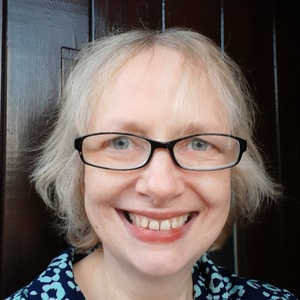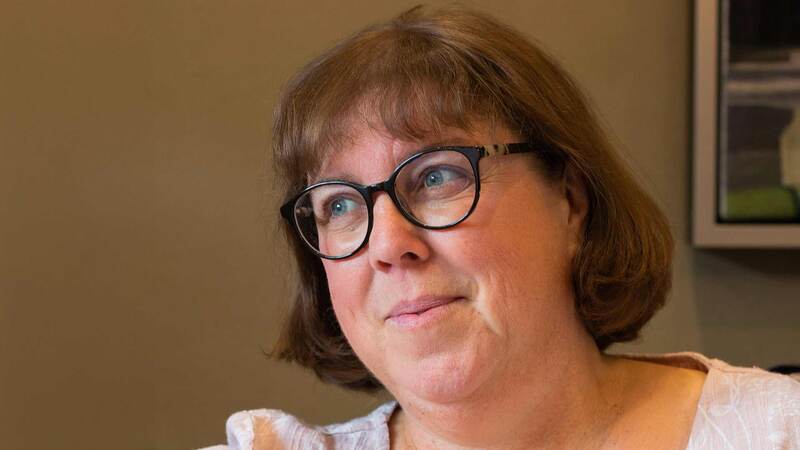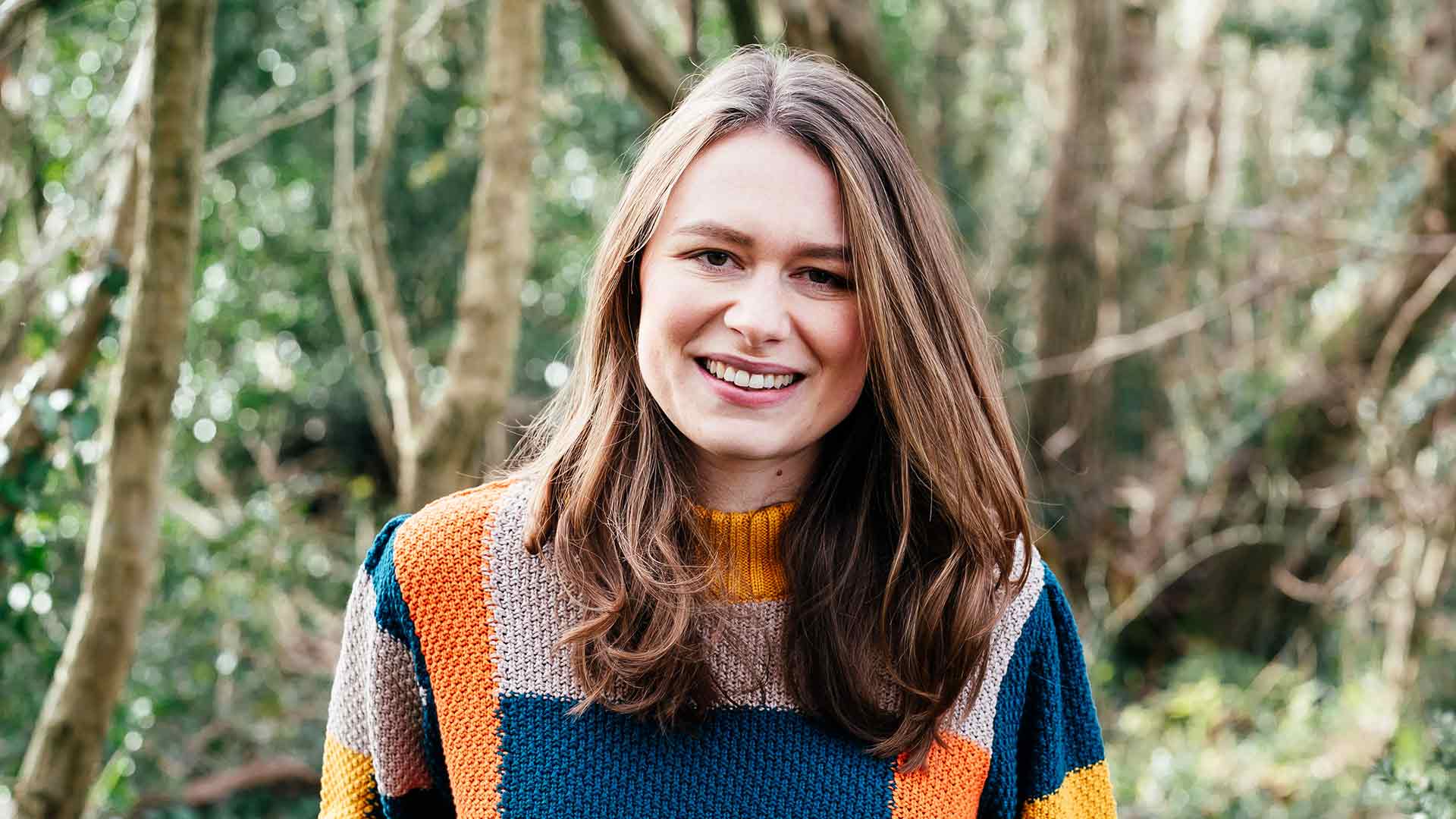You are viewing your 1 free article this month. Login to read more articles.
Sara Paretsky: Anger in America
Sara Paretsky has a problem. The American crime writer, creator of the long-lived V I Warshawski private detective series, is finding the current political climate in America makes it harder for her to devise successful plotlines for her ballsy, action-loving heroine.
"Everything has been so difficult for the past five years, and especially since 9/11 which gave George Bush carte blanche to do anything he wanted," she laments bitterly. "Everything from destroying the environment, civil liberties and women's rights, not to mention this monstrous horror which is destroying the economy as well as Iraq. It makes it hard to calm down enough to come out with a manageable story."
Paretksy wrestled with the plot of her latest, Fire Sale (Hodder, March 2006, h/b, £12.99), she says, "because I know that political novels are really boring and angry screeds are just unreadable. It took a long time to get to a place where I wasn't just jumping up and down and saying 'You evil beast'."
Languid of manner and stylish of dress ("I am in love with clothes," she admits), the writer is visiting London in advance of another trip to promote Fire Sale in the spring, which will include an appearance at the Bath Literary Festival. Fire Sale is Paretsky's first book for Hodder after a move from Penguin, and she is looking forward to renewed gusto in pushing her novels here. "I like the people at Penguin very much but there was not a lot of enthusiasm."
White collar crime
The Warshawski novels, generally dealing with white collar crimes, have always been packed with social themes, from industrial pollution to medical malpractice. Fire Sale is no exception, with Warshawski going back to her old south Chicago neighbourhood to coach the girls' basketball team. There, amid deprivation and a plethora of teenage mothers, she is drawn into investigating the big local employer, discount store By-Smart, run by the Bysen family, and a deadly explosion which takes place at a local factory.
Again, Paretsky says, the current climate in the US hampers the crime writer when it comes to nailing a plot. "V I is in this mythic heroic tradition, the loner hero, but I try to have the books grounded in an urban reality. It's both a convention and a reality that systems of justice can be bought and sold and that the more money you have the more the courts and police favour you.
"There was always an active investigative press and the way crime solutions usually worked was that people could be exposed and were doing things they didn't want exposed. So once you had an investigative press allied to your investigative detective, people could be, if not brought to justice, at least humiliated off the public stage.
"But now our press are part of giant conglomerates, the head of Fox News offers advice to President Bush. When companies do things such as paying their employees so badly that they have to go on welfare to eat, nothing happens. It becomes very hard to define a crime in a way that matters."
Warshawski first came into being spontaneously one day, when Paretsky was sitting in a meeting with her boss at the Chicago insurance company where she worked in the early 1980s. "I was a big crime fiction reader and wanted a different kind of woman than I was seeing in the books. I always wrote very privately for myself, and I'd been writing little scenes with this character named Minerva Daniels who was a kind of parody of Philip Marlowe, a cigarette smoking, cheap bar whisky-drinking kind of person.
"I was working for this horrible guy, we were in this meeting, and my lips were saying 'Hell of an idea, Fred', and a bubble over my head was saying something unprintable, and Warshawski really did come to me in that minute. I thought, 'Not Minerva, not Philip Marlowe in drag, but a woman like me and my friends, dealing with the Freds of this world.'"
The summer of 1966
The Chicago setting, and some of Warshawski's fierce social concerns, can be traced back to Paretsky's own first experiences of the city. She arrived in Chicago from Kansas at age 19 to do community work in a youth centre. It was the summer of 1966, and Martin Luther King was organising in the city.
"He was of course really based in the south, but he arrived to try to set up a network of community organisers. It was probably the most important experience of my life, really--it seemed like an exciting time and a time of real possibilities. I was so lucky to come of age at that time. Five years later it all started falling apart."
Paretsky never intended to stay in Chicago, but after a period of failing to get a job in journalism in New York, she returned, met her physicist husband, and settled. (She has three stepsons and a much-loved 11-year-old granddaughter.)
She remains highly committed and active in the public sphere. "I do a lot of public speaking and I'm involved with reproductive rights, which are under such assault in the US. The anti-abortion forces have been very effective and now there's a whole league of Christian pharmacists who won't fill prescriptions for contraceptives. It's nauseating really.
"My grandparents were immigrants from Eastern Europe, you grew up with this belief in America as an idea, as a place that was always trying to work towards the ideals of liberty and justice for all. The Bush regime and the public support of the regime are shattering. I really feel despair."
 









